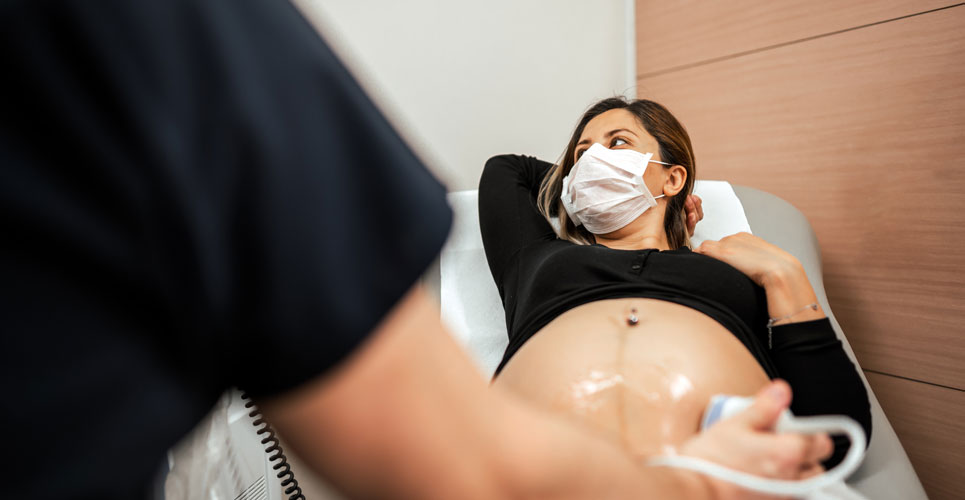Obstetric complications such as hypertensive pregnancy disorders and the risk of other infections are higher in women infected with COVID-19
Obstetric complications related to hypertensive conditions and the risk of acquiring other infections have been found to be significantly higher among pregnant and postpartum women infected with COVID-19 compared to uninfected individuals. This was the finding from a retrospective analysis of data by researchers from the Division of Maternal-Fetal Medicine, Department of Obstetrics and Gynecology, University of Utah Health, US.
A good deal of data collected during the COVID-19 pandemic has revealed how pregnant and recently pregnant women with COVID-19 admitted to hospitals for any reason are more likely to be admitted to the intensive care unit or needing invasive ventilation than non-pregnant women. Hypertensive disorders during pregnancy are a leading causes of maternal and perinatal mortality worldwide with preeclampsia estimated to complicate 2-8% of pregnancies globally. In addition, postpartum haemorrhage (PPH) is another complication, defined as a blood loss ≥ 500 mL and a considerable cause of severe maternal morbidity and this affects up to 10% of deliveries.
Whether or not infection with COVID-19 is associated with an increased risk of such obstetric complications is currently unclear and was the purpose of the current retrospective analysis by the US team. For the analysis, they included women who had a positive PCR or antigen test for COVID-19 during pregnancy or within 6 weeks postpartum. The researchers included a group of uninfected pregnant women and who served as a control. The primary outcome of interest was a composite of death from any cause or serious maternal morbidity related to several common obstetric complications: hypertensive disorders (e.g. eclampsia, haemolysis, elevated liver enzymes and low platelet syndrome, pulmonary oedema and severe hypertension), postpartum haemorrhage or infection other than COVID-19. The main secondary outcome was cesarian birth.
Obstetric complications and COVID-19 infection
A total of 14,104 women with a mean age of 29.7 years were included, of whom, 2352 had a positive COVID-19 test result. Among those who tested positive, the majority (80.1%) had done so during their third trimester and 4.4% had tested positive postpartum, a median of 18 days after delivery.

Among those testing positive, the primary outcome occurred in 13.4% compared to 9.2% in those without COVID-19 (adjusted relative risk, RR = 1.41, 95% CI 1.23 – 1.61) and there were 5 maternal deaths.
The risk of hypertensive disorders was also significantly higher among infected women (RR = 1.53, 95% CI 1.31 – 1.79). The risk of postpartum haemorrhage was not significantly different (RR = 1.13, 95% CI 0.83 – 1.53) but there was a significant increased risk of other infections (RR = 2.08, 95% CI 1.41 – 3.05). In addition, the presence of COVID-19 was significantly associated with intensive care unit admission (RR = 5.82, 95% CI 4.09 – 8.29). There was also no significant increased risk of caesarean birth among those with COVID-19 (RR = 1.05, 95% CI 0.99 – 1.11).
Infection with COVID-19 was also associated with a higher incidence of preterm birth (RR = 1.15, 95% CI 1.02 – 1.30).
The authors concluded that infection with COVID-19 increases the risk of obstetric complications such as maternal mortality or serious morbidity.
Citation
Metz TD et al. Association of SARS-CoV-2 Infection With Serious Maternal Morbidity and Mortality From Obstetric Complications JAMA 2022

